Internet
I'm really annoyed by the #Internet of today:
- #Trackers and #data #collection everywhere
- #JavaScript-heavy #Web #applications instead of document-oriented #websites
- No #JavaScript most often translates to an empty page with a single sentence: "Please activate JavaScript"; the page content however is often nothing that actually requires JavaScript, the website creators just want to feel like actual #application #developers, so they re-build much of what the #browser already supplies with #inefficient and #bug heavy JavaScript code
- Content almost always behind a #login wall
- More often than not only very superficial #information
- #Ads
- Thousands of 3rd party JS files included, most of which have the only purpose of tracking you across websites
- #Misinformation and #biased #information everywhere
- Deliberately misleading advertisment, sich as "save 80% now", and artificial time pressure)
- "Best viewed on #Google #Chrome"
- "Login with Facebook"
- Newsletter subscription and cookie pop-ups featuring #dark #patterns
- #Search #engine #optimization ( #SEO ) acts in the worst interest of the user by skewing search results
- Artificial restriction of web #app functionality to promote their native apps
- Large parts of the Web are only accessible by #smartphone
- You have to provide your #phone #number to login
- If you didn't provide a phone number, your account is being blocked right after the initial login because we suspect you being malicious actor because why not (=> #Instagram, #Facebook)
- #Proprietary #platforms are required to participate in public #online life (Amazon, Google, Facebook, Instagram, Twitter, YouTube)
- One-sentence-paragraphs and sloppy language (especially found in #Medium #articles)
- "We care about your #privacy" actually means: "We were forced by law to do this shit, we just want to collect and store as much information on you as possible to make money off of you now or in an undescript future"
- JavaScript code minimizer
- Large font sizes, much whitespace, large illustrative, but useless images, HD screen required to browse most websites
- Lack of #government #regulation and #law #enforcement, too many malicious actors (#spam, #phishing, etc.)
- Emotional content to increase #interaction, #clickbait
Once being an open platform geared towards information exchange and bringing people into contact, most of the public Internet today is nothing but annoying useless #marketing, #advertising and #data #collection. Providing information, connecting people, and making life convenient is definitely NOT the primary goal of whoever is big on the Internet today. It's shocking to see how much of it is only to sell you stuff or to sell your information.
And the worst is: we are even paying them to do this shit. #Marketing spending will be reflected in product prices, and with much of marketing being done in 1st world countries, a substantial amount of the price goes into this destructive industry.
I could go on with this for hours. Really sick of it.
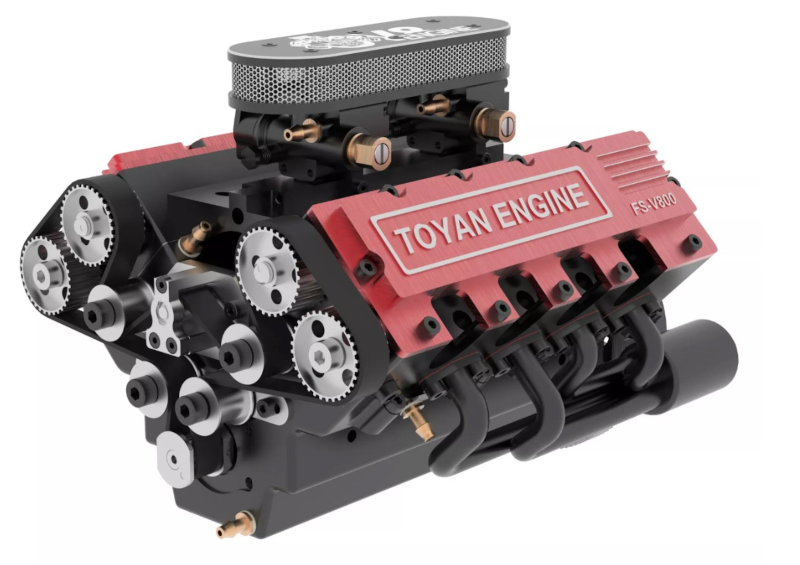


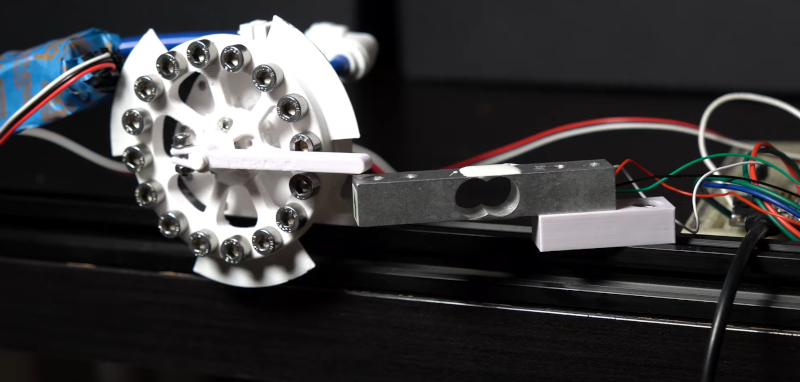
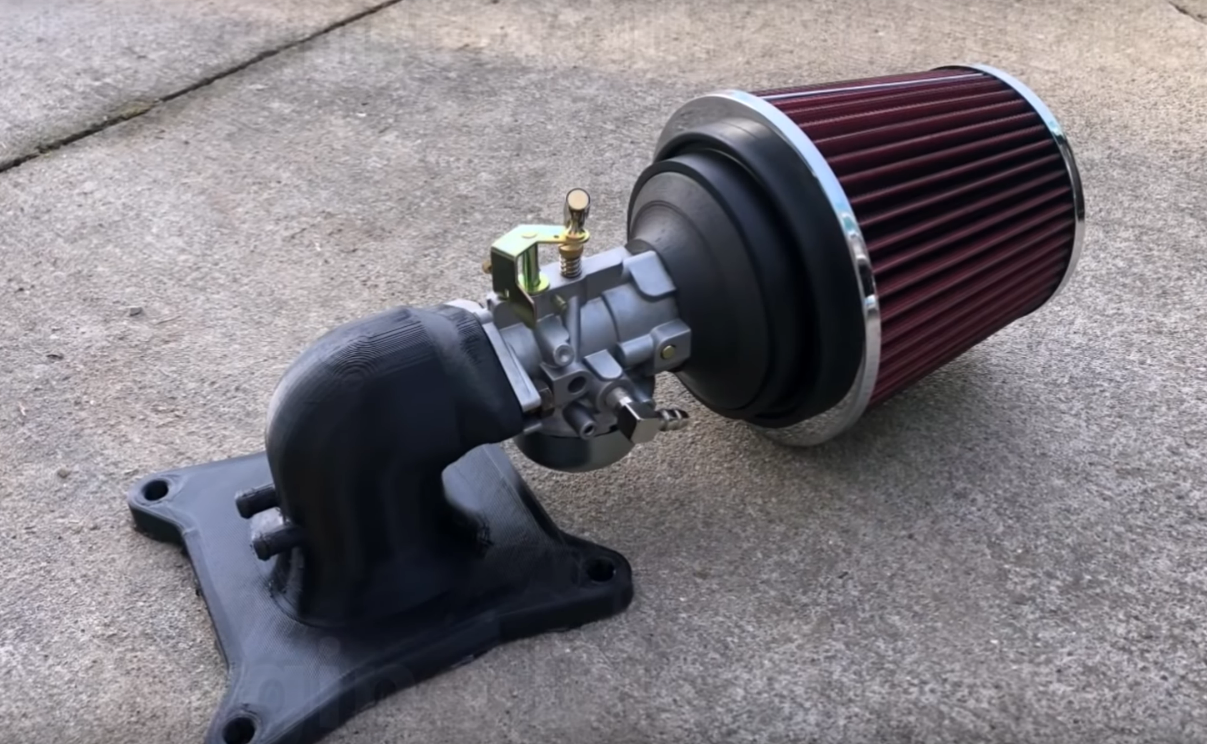

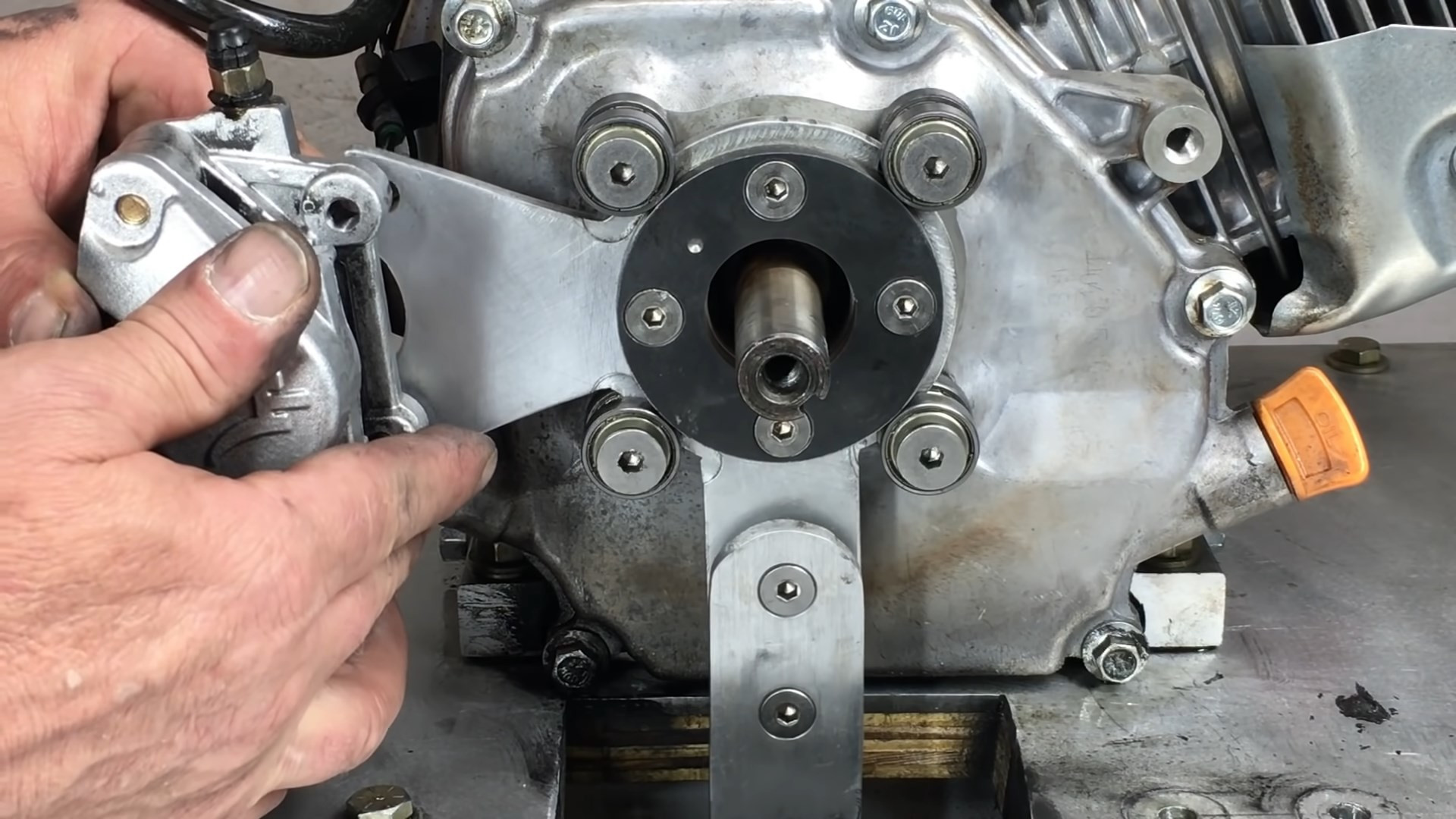

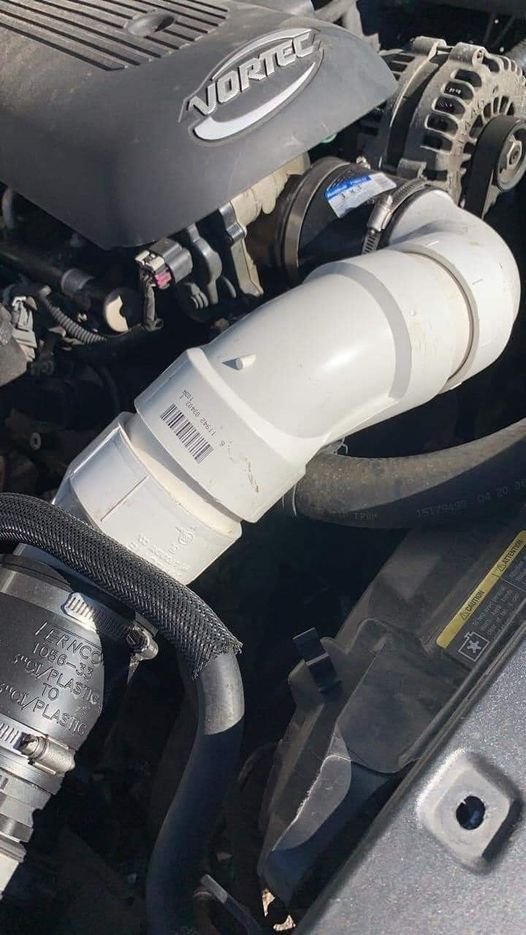



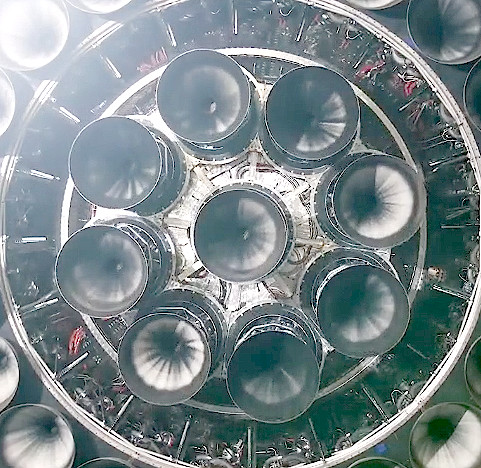
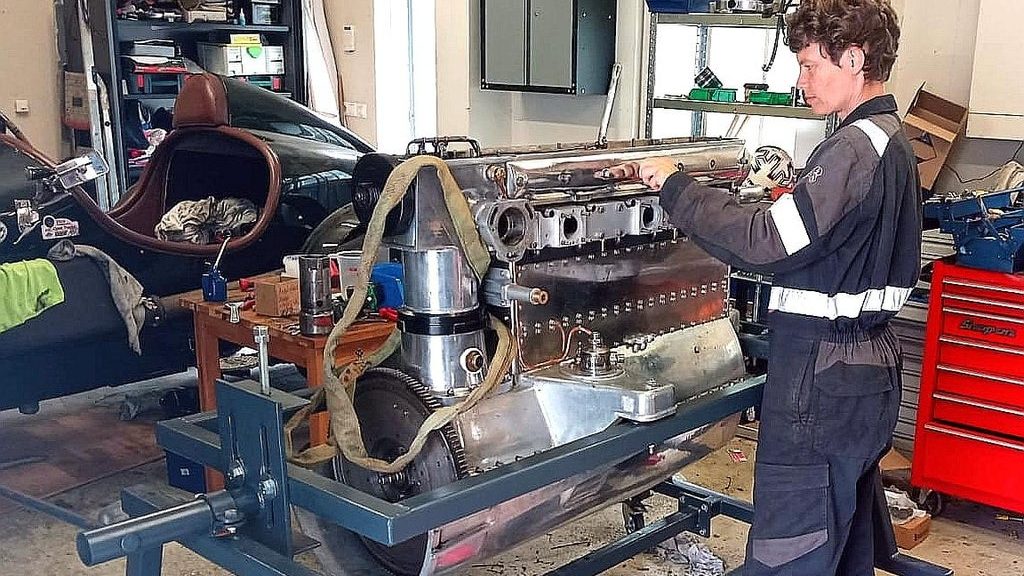
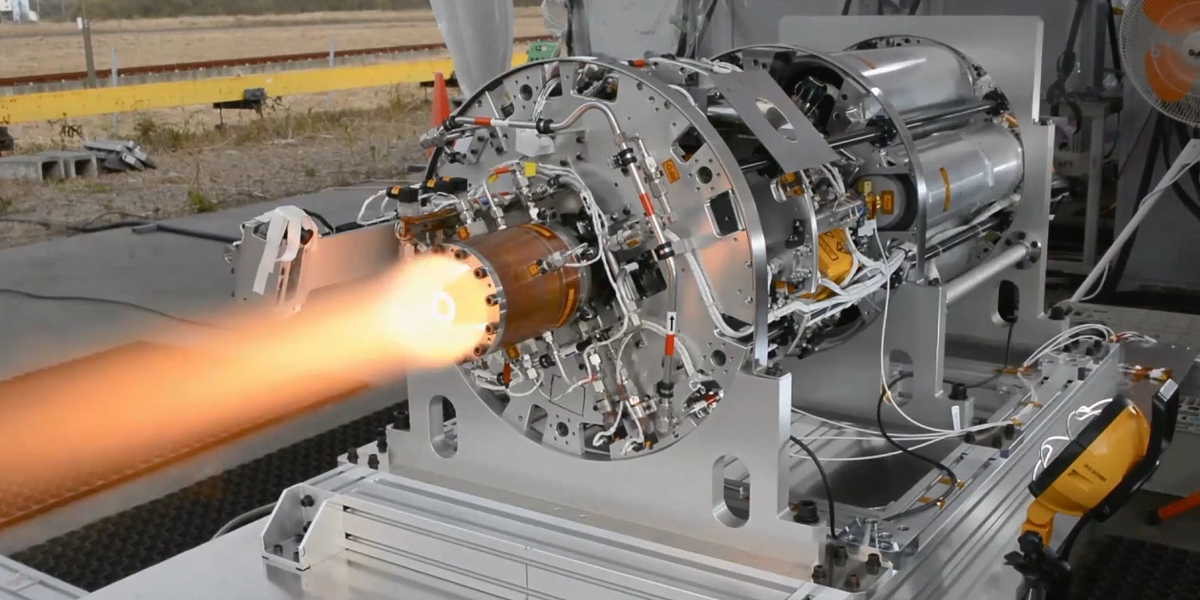
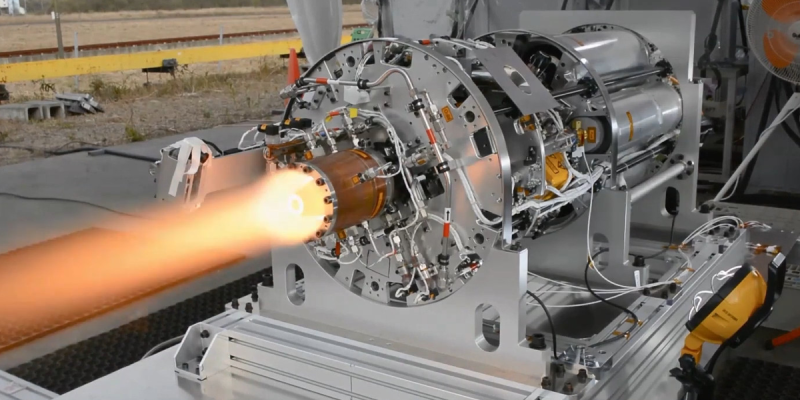
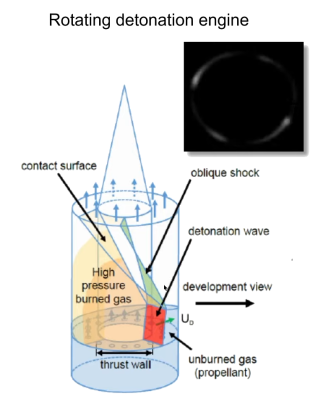 A diagram of the JAXA rotating detonation engine, showing the intended operation in which the shock wave from detonating fuel travels around the engine in the annular channel to continue the combustion cycle. Source:
A diagram of the JAXA rotating detonation engine, showing the intended operation in which the shock wave from detonating fuel travels around the engine in the annular channel to continue the combustion cycle. Source:  The JAXA rotating detonation engine in operation over Earth. Source: Nagoya University, JAXA
The JAXA rotating detonation engine in operation over Earth. Source: Nagoya University, JAXA